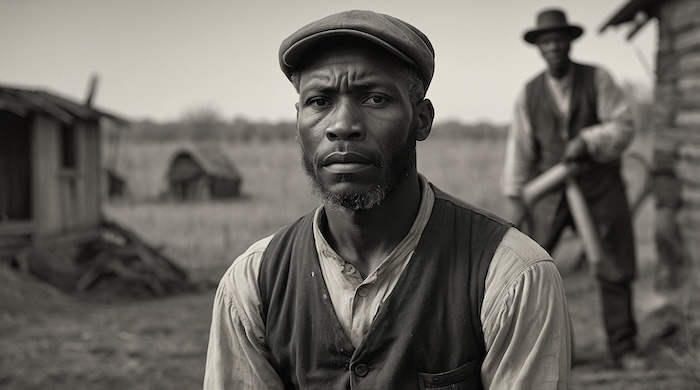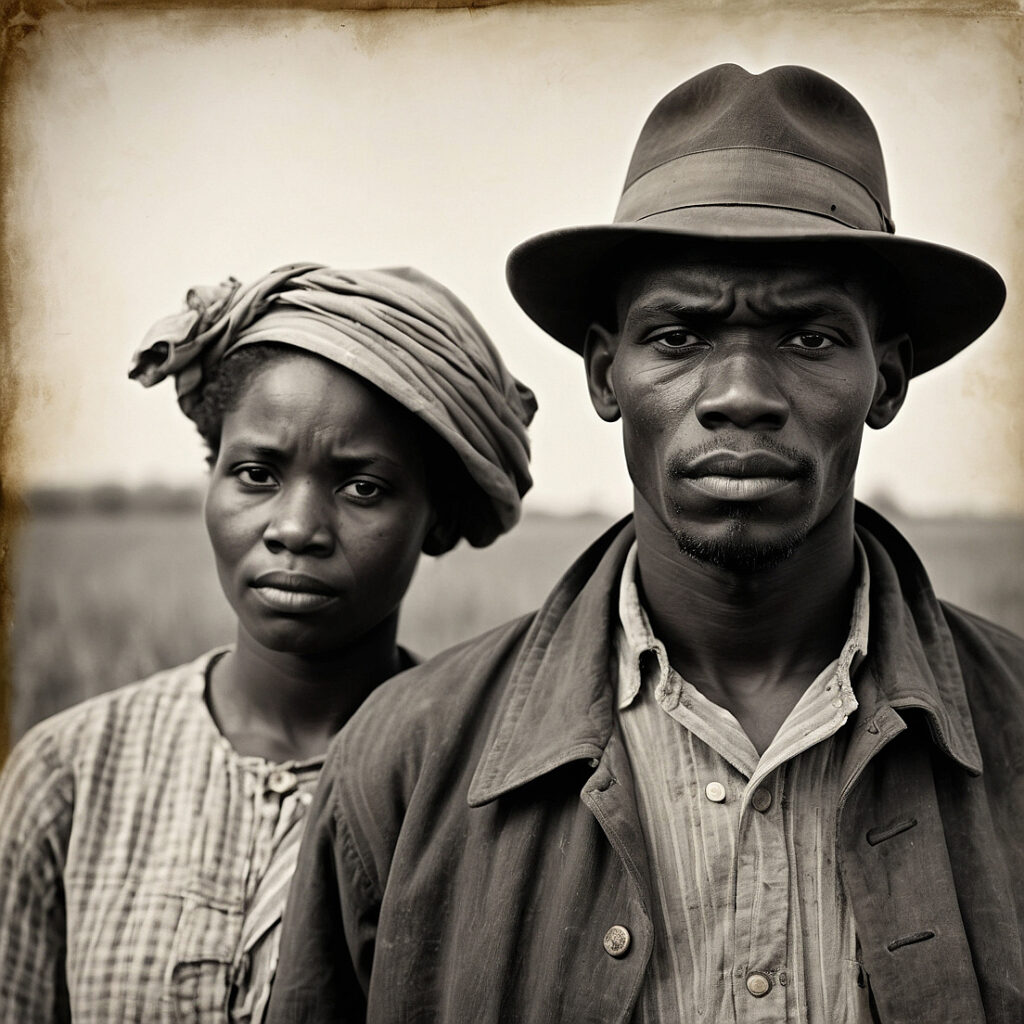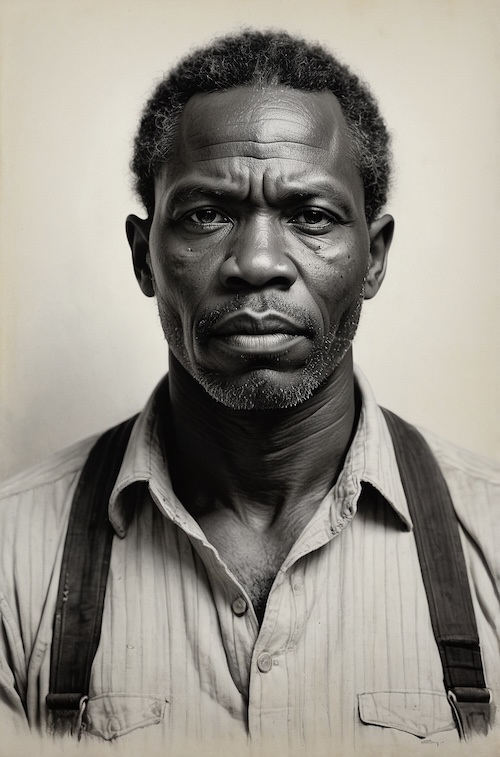
What Are Pre-Bureau Records?
Pre-Bureau Records refer to records created before the formal establishment of the Bureau of Refugees, Freedmen,
and Abandoned Lands (Freedmen’s Bureau) in March 1865. These records were created before the establishment of the Freedmen’s Bureau. As a result, they provide an early glimpse into African American life that is vital for
genealogical research.

Superintendent of Contrabands
(1861-1866)
The Union Army’s policy of treating escaped enslaved individuals as “contrabands of war” (first declared at Fort Monroe, Virginia, in 186l by General Benjamin Butler) set the foundation for these records. Superintendents of Contrabands were appointed in occupied regions to organize relief and manage the influx of freedpeople.

Types of Pre-Bureau Records
- ➡️ Descriptive Pamphlets - offering context and detailed inventories of the records
- ➡️ Court Records - documenting early legal matters involving freedpeople
- ➡️ Labor Contracts - agreements that shed light on work, wages, and conditions or employment.
- ➡️ Indenture & Apprenticeship Records - contracts binding children or adults to labor arrangements
- ➡️ Ration Records - lists of freedpeople receiving food, clothing, and supplies.
Descriptive Pamphlets
The Descriptive Pamphlets for the Pre-Freedmen’s Bureau Records are essential guides that explain the contents, structure, and historical context of the records. These pamphlets serve as roadmaps for researchers, genealogists, and historians, providing details on what information can be found in each collection and how the records are organized.

➡️ M1905 – Louisiana: Offers insight into Superintendent of Contrabands records in occupied Louisiana, documenting labor contracts, court cases relief assistance, and missionary efforts.
➡️ M1913 – Fort Monroe, Virginia: Details the earliest “Contraband of War” policies, ration records, employment contracts, and the beginnings of legal protections for freepeople.
➡️ M1914 – Mississippi: Describes records of ration distribution, clothing, and employment arrangements on abandoned plantations, including oversight of wages and labor conditions
Pre-Freedmen's Bureau Records
The Pre-Freedmen’s Bureau Records M1905 – Louisiana, | M1913 Fort Monroe, Virginia, | M1914 – Mississippi,
preserve the earliest federal and military efforts to assist formerly enslaved people before the official
establishment of the Freedmen’s Bureau in March 1865. Overseen by Superintendents of Contrabands and local military authorities, these records document the first attempts at providing food, shelter, work opportunities, medical care, and legal protections for freed people during and immediately after the Civil War.
These collections are invaluable for genealogists and historians because they record names, contracts, complaints,
rations, medical reports, and management during the early years of freedom.
Explore Pre- Bureau Records by State
“Hover over a county or parish to see its name, Microfilm Publication, and a description of the records available. Each county/parish contains one or more markers showing the locations of Freedmen’s Bureau field offices. Click a marker to open that office’s records page, where you’ll find links, context, and research tips. You can also use the Select: dropdown menu above the map to jump directly to a county or parish.”
M1905 Louisiana
- ➡️ Louisiana (M1905): Urban operations and large-scale labor contracts.
- Freedmen’s Bureau Field Offices (placed by county)
M1913 - Fort Monroe, Virginia
- ➡️ Fort Monroe, Virginia (M1913): Implementation of the first "Contraband of War" policy and early recognition of rights
- Freedmen’s Bureau Field Offices (placed by county)
M1914 - Mississippi
- ➡️ Mississippi (MI914): Ration distribution and oversight of wages and employment on abandoned plantations.
- Freedmen’s Bureau Field Offices (placed by county)
"Why These Records Matter for African American Genealogy"

The Pre-Bureau Records (M1905 Louisiana, M1913 Fort Monroe, and M1914
Mississippi) provide rare. Firsthand records of the transition from slavery to freedom. They reveal the earliest federal and military attempts to assist newly freed populations before the Freedmen’s Bureau was officially formed.
For African American genealogical research. these records
- ➡️ Identify names and details of formerly enslaved individuals.
- ➡️ Show early employment. family arrangements. and community structures.
- ➡️ These records reveal how emancipation unfolded on the ground. For example, they document the struggles, resilience, and survival strategies of freed people.
- ➡️ Provide evidence of the resilience and agency of freed people navigating freedom.
- ➡️ Ration Records -lists of freed people receiving food, clothing, and supplies.
